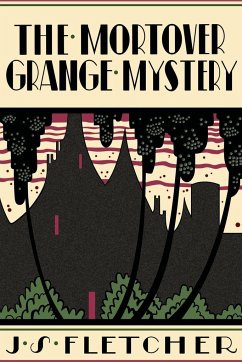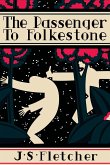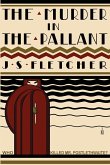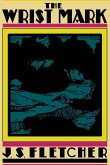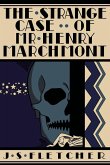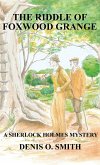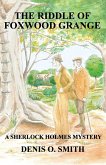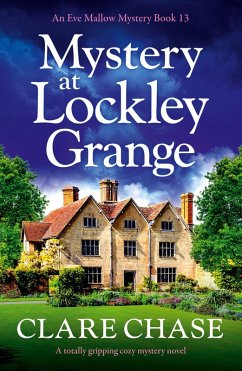Inspector Wedgwood has a difficult case on hand. The genealogist John Wraypoole has been found brutally murdered in the flat of Miss Tandy, the typist who had been working on the dead man's latest manuscript. With the manuscript now missing, Wedgwood begins to suspect that the solution to the mystery of Wraypoole's death lies in a secret unearthed in the antiquary's most recent research. Wedgwood's investigations lead him to the north country mansion of Mortover Grange. But what connection does this isolated spot have with sinister events unfolding in London? And what was the secret that cost John Wraypoole his life? Originally published in 1926, this is a vintage British murder mystery from the golden age of crime fiction from the prolific writer J.S. Fletcher. Classic mystery at it's best.
Hinweis: Dieser Artikel kann nur an eine deutsche Lieferadresse ausgeliefert werden.
Hinweis: Dieser Artikel kann nur an eine deutsche Lieferadresse ausgeliefert werden.

